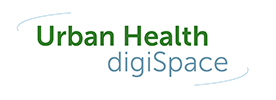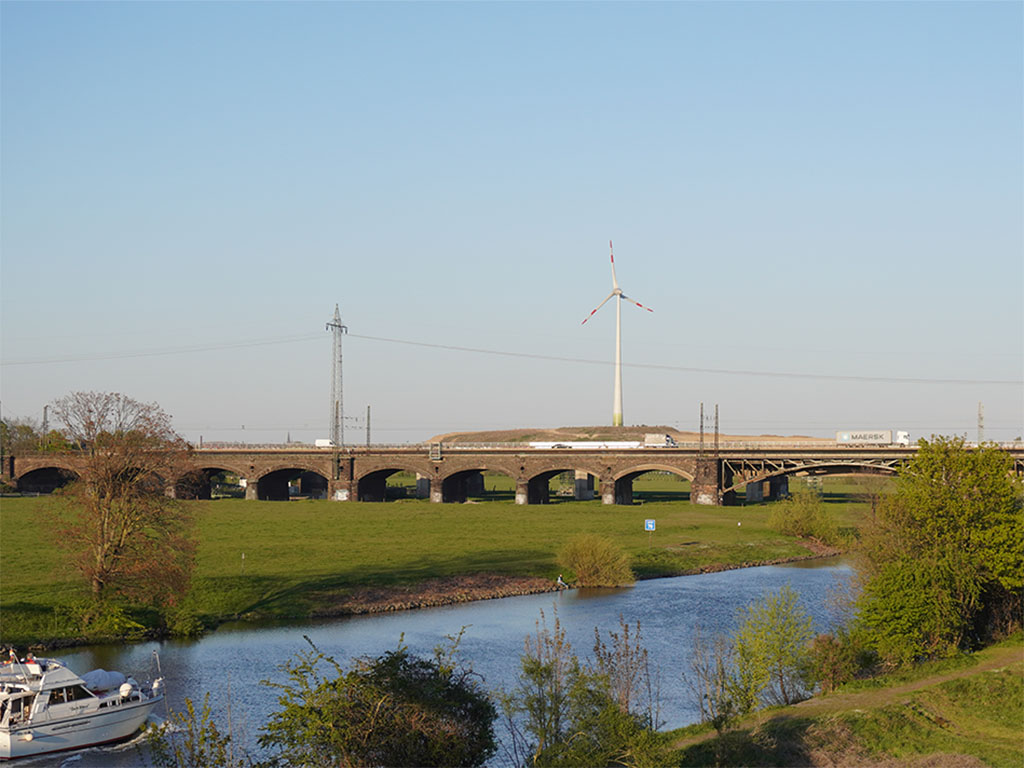The ARL is currently establishing an international working group (IAK) “Urban Planning for Health Equity” and looking for participants. The members of the working group will work for approximately three years together and address the topic from inter- and transdisciplinary perspectives.
Urban areas are for several reasons in the focus of discourses on spatial development: the trend of urbanisation worldwide is unbroken. Cities are not only places of spatial and social segregation, but also of health inequalities. The SARS-CoV-2 pandemic has amplified urban health inequity, revealing the consequences of unequal access to adequate housing, quality green spaces and health infrastructures. Therefore, the pursuit of developing urban areas that are healthy, sustainable and just is a common concern of practitioners and scientists around the globe.
Facing the effects of a worldwide pandemic, we investigate urban planning in its potential to mitigate urban health inequity in three perspectives:
- short-term measures like lockdowns,
- inequity in SARS-CoV-2 effects determined by urban health inequity, and
- long-term effects and conclusions for a post-pandemic city, e.g. building up sustainable resilience against new emergencies.
The Call for Membership is addressed to representatives of different disciplinary approaches (e.g. public health, (medical) geography, spatial planning, sociology) who have solid expertise on public health and spatial planning in European cities and who are interested in contributing actively to the aforementioned objectives of this working group.
Find information by ARL on Call for Membership: Call for Membership on ARL site
More information can be found here: Call for Membership Urban Planning for Health Equity


